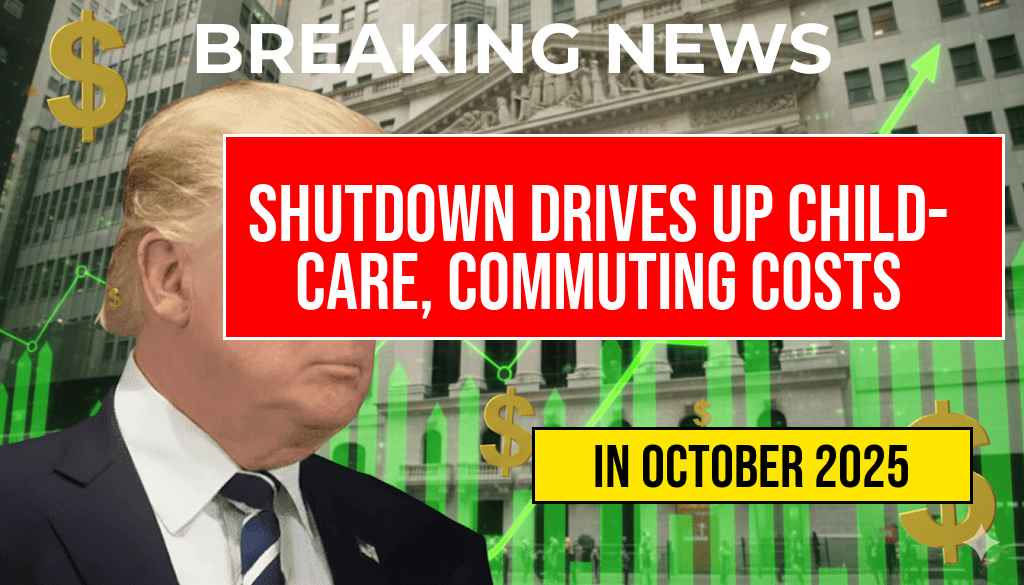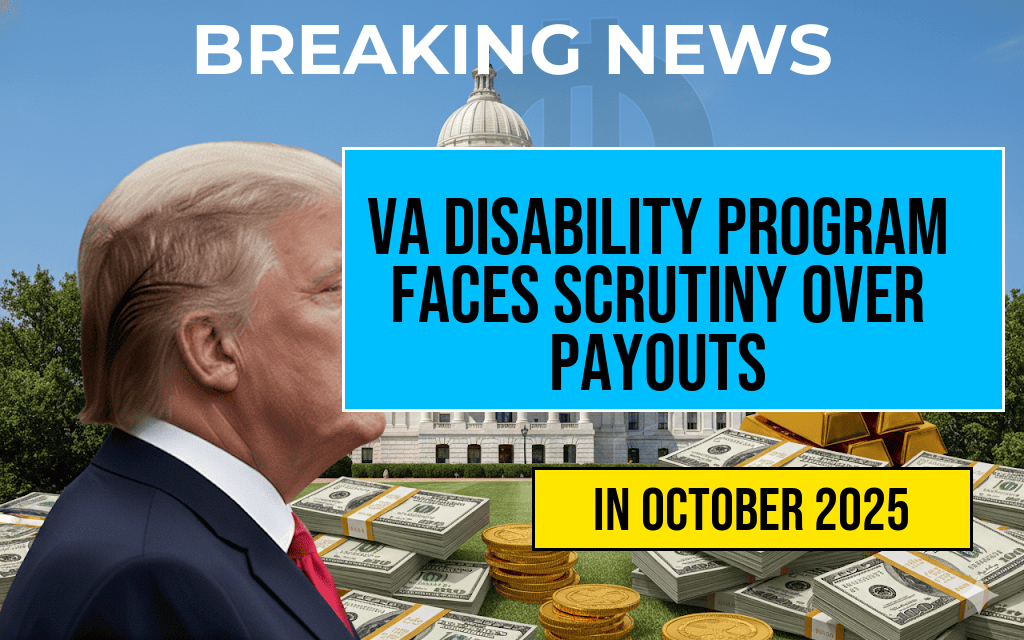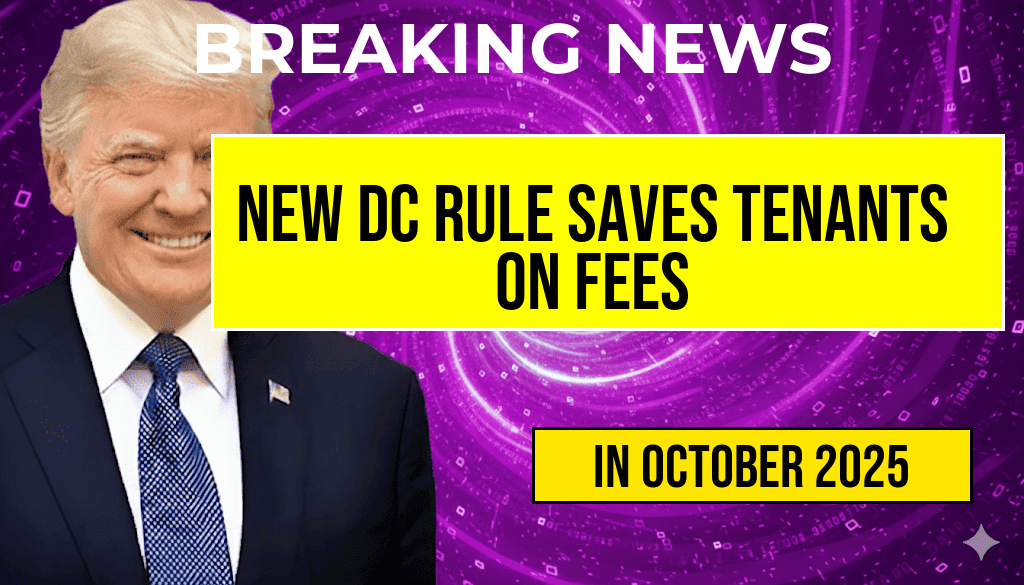The future of Affordable Care Act (ACA) subsidies is hanging in the balance as lawmakers grapple with budgetary issues that could lead to a government shutdown. With monthly credits ranging from $300 to $800 at stake, the impact on millions of Americans relying on these financial aids for health insurance coverage is significant. As bipartisan negotiations progress, the tension surrounding the fate of these subsidies intensifies, highlighting the crucial role they play in access to healthcare for low- and middle-income families. This article explores the implications of the potential shutdown on ACA subsidies and the broader healthcare landscape.
Background on ACA Subsidies
The Affordable Care Act, enacted in 2010, aimed to expand healthcare coverage to millions more Americans. Central to this goal are the subsidies that assist individuals and families in affording their health insurance premiums. These monthly credits can significantly alleviate the financial burden of healthcare costs, particularly for those with limited incomes.
Current Legislative Landscape
- As Congress debates funding measures, the potential for a government shutdown looms large.
- Disagreements over budget allocations have created a stalemate, with healthcare funding emerging as a contentious issue.
- The expiration of funding for ACA subsidies could affect approximately 13 million Americans who depend on them for affordable health coverage.
Potential Impact on Millions
The threat of a government shutdown raises significant concerns regarding the continuity of ACA subsidies. If funding is not secured, millions of individuals and families may face steep increases in their health insurance premiums, effectively making healthcare unaffordable for many. This situation is particularly dire for low-income households, which have already been stretched thin by rising living costs.
Cost of Health Insurance
Without the subsidies, many Americans could see their monthly premiums spike drastically. For instance, individuals who currently pay less than $100 per month may find themselves facing bills upwards of $400 or more, depending on their income and the state they reside in. Such increases could lead to a significant drop in insured individuals, intensifying the healthcare crisis in the country.
Reactions from Lawmakers and Advocates
Many lawmakers and healthcare advocates are sounding the alarm regarding the potential consequences of a shutdown on ACA subsidies. Advocates argue that these subsidies are essential for maintaining healthcare access for vulnerable populations.
- Senator Jane Doe (D-CA) emphasized that cutting these subsidies would be a step backward in the fight for affordable healthcare.
- Representative John Smith (R-TX) expressed concerns about the budget’s impact on healthcare funding, suggesting alternative solutions that could bridge the gap.
Public Sentiment
Public opinion appears to align with the urgency of protecting ACA subsidies. A recent poll indicated that approximately 68% of respondents believe it is critical for Congress to ensure continued funding for these programs, highlighting the importance of healthcare affordability in the minds of voters.
Looking Ahead
As the deadline for government funding approaches, the debate over ACA subsidies will likely remain a focal point in negotiations. Lawmakers are under pressure to reach an agreement that safeguards these essential credits, especially as the 2024 elections draw near and healthcare remains a top issue for voters.
What Happens Next?
With the looming threat of a government shutdown, legislative leaders will need to find common ground to avoid disrupting the healthcare coverage of millions. Discussions are ongoing, and the outcome of these negotiations could set a precedent for future funding battles related to healthcare and social programs.
| Income Level | Current Monthly Premium | Projected Monthly Premium Without Subsidy |
|---|---|---|
| Below $30,000 | $50 | $400+ |
| $30,000 – $50,000 | $100 | $350+ |
| $50,000 – $75,000 | $200 | $250+ |
For more information about ACA subsidies and their impact, you can visit the Healthcare.gov website or check the latest updates from Forbes Healthcare.
Frequently Asked Questions
What are ACA subsidies and how do they work?
ACA subsidies, or Affordable Care Act subsidies, are financial assistance programs designed to help individuals and families afford health insurance coverage purchased through the Health Insurance Marketplace. These subsidies are based on income and can significantly reduce monthly premiums, making healthcare more accessible.
How much can individuals receive in ACA subsidies?
Individuals may receive between $300 and $800 per month in ACA subsidies, depending on their income level and household size. These amounts are intended to lower the cost of health insurance premiums, ensuring that coverage is affordable for those who qualify.
Why are ACA subsidies at risk during the government shutdown?
The ongoing government shutdown has created uncertainty regarding the funding and continuation of ACA subsidies. If the shutdown persists, there may be delays or disruptions in processing applications and disbursing funds, putting these critical financial supports at risk.
What is the impact of losing ACA subsidies on individuals?
If ACA subsidies are lost, many individuals and families may find it difficult to afford their health insurance premiums. This could lead to a significant increase in the number of uninsured Americans, which may result in higher healthcare costs for both individuals and the healthcare system overall.
What can individuals do to prepare for potential changes to ACA subsidies?
Individuals should stay informed about the status of ACA subsidies during the shutdown and consider reviewing their health insurance options. It’s advisable to explore alternative coverage solutions or financial assistance programs that may be available to ensure continued access to affordable healthcare.








